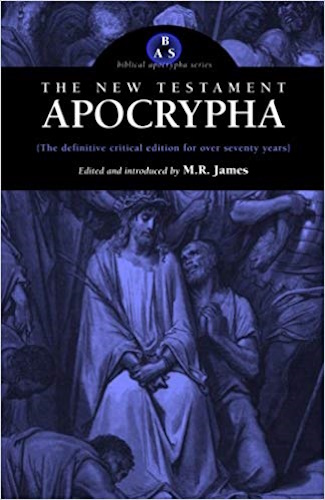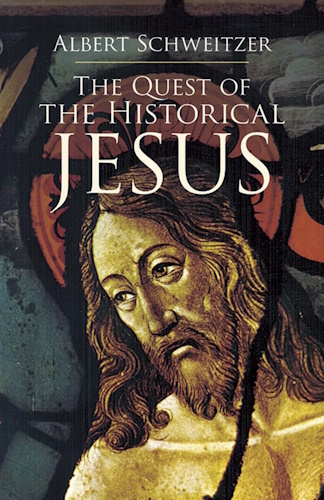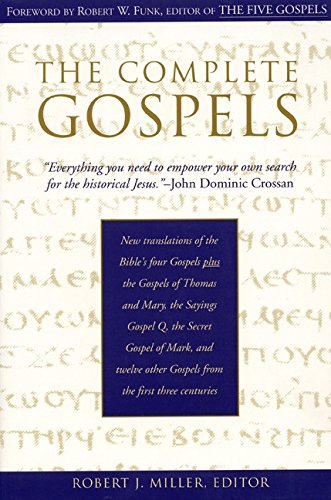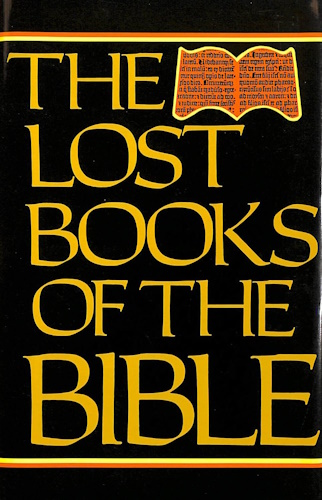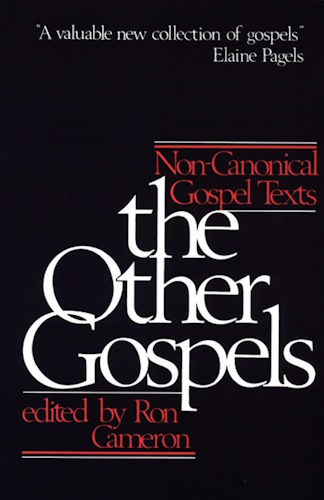
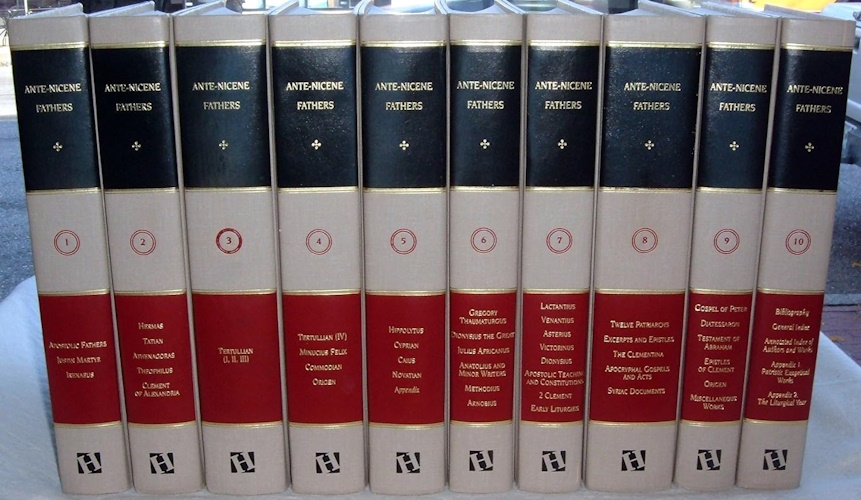
The Pastor of Hermas
Book Second-Commandments
Commandment Tenth
From: Early Church Fathers 38 Volumes
Ante-Nicene Fathers: The Writings of the Fathers down to a.d. 325 Vol. II
edited by
Rev. Alexander Roberts, D.D., and James Donaldson, LL.D.
Translated by the Rev. F. Crombie, M.A.
The Pastor of Hermas
COMMANDMENT TENTH.
Of Grief, and Not Grieving the Spirit of God Which is in Us.
CHAP. I.
"Remove from you," says he, "grief; for she is the sister of doubt and anger." "How, sir," say I, "is she the sister of these? for anger, doubt, and grief seem to be quite different from each other." "You are senseless, O man. Do you not perceive that grief is more wicked than all the spirits, and most terrible to the servants of God, and more than all other spirits destroys man and crushes out the Holy Spirit, and yet, on the other hand, she saves him?" "I am senseless, sir," say I, "and do not understand these parables. For how she can crush out, and on the other hand save, I do not perceive." "Listen," says he. "Those who have never searched for the truth, nor investigated the nature of the Divinity, but have simply believed, when they devote themselves to and become mixed up with business, and wealth, and heathen friendships, and many other actions of this world,210 do not perceive the parables of Divinity; for their minds are darkened by these actions, and they are corrupted and become dried up. Even as beautiful vines, when they are neglected, are withered up by thorns and divers plants, so men who have believed, and have afterwards fallen away into many of those actions above mentioned, go astray in their minds, and lose all understanding in regard to righteousness; for if they hear of righteousness, their minds are occupied with their business,211 and they give no heed at all. Those, on the other hand, who have the fear of God, and search after Godhead and truth, and have their hearts turned to the Lord, quickly perceive and understand what is said to them, because they have the fear of the Lord in them. For where the Lord dwells, there is much understanding. Cleave, then, to the Lord, and you will understand and perceive all things."
CHAP. II.
"Hear, then," says he, "foolish man, how grief crushes out the Holy Spirit, and on the
page 27
other hand saves. When the doubting man attempts any deed, and fails in it on account of his doubt, this grief enters into the man, and grieves the Holy Spirit, and crushes him out. Then, on the other hand, when anger attaches itself to a man in regard to any matter, and he is embittered, then grief enters into the heart of the man who was irritated, and he is grieved at the deed which he did, and repents that he has wrought a wicked deed. This grief, then, appears to be accompanied by salvation, because the man, after having done a wicked deed, repented.212 Both actions grieve the Spirit: doubt, because it did not accomplish its object; and anger grieves the Spirit, because it did what was wicked. Both these are grievous to the Holy Spirit—doubt and anger. Wherefore remove grief from you, and crush not the Holy Spirit which dwells in you, lest he entreat God213 against you, and he withdraw from you. For the Spirit of God which has been granted to us to dwell in this body does not endure grief nor straitness. Wherefore put on cheerfulness, which always is agreeable and acceptable to God,214 and rejoice in it. For every cheerful man does what is good, and minds what is good, and despises grief;215 but the sorrowful man always acts wickedly. First, he acts wickedly because he grieves the Holy Spirit, which was given to man a cheerful Spirit. Secondly, grieving the Holy Spirit,216 he works iniquity, neither entreating the Lord nor confessing217 to Him. For the entreaty of the sorrowful man has no power to ascend to the altar of God." "Why," say I, "does not the entreaty of the grieved man ascend to the altar?" "Because," says he, "grief sits in his heart. Grief, then, mingled with his entreaty, does not permit the entreaty to ascend pure to the altar of God. For as vinegar and wine, when mixed in the same vessel, do not give the same pleasure [as wine alone gives], so grief mixed with the Holy Spirit does not produce the same entreaty [as would be produced by the Holy Spirit alone]. Cleanse yourself from this wicked grief, and you will live to God; and all will live to God who drive away grief from them, and put on all cheerfulness."218
210 The Vat. has here a considerable number of sentences, found in the Greek, the Palatine, and the Æthiopic, in Commandment Eleventh. In consequence of this transference, the Eleventh Commandment in the Vatican differs considerably from the others in the position of the sentences, but otherwise it is substantially the same.
211 And … business. This part is omitted in the Leipzig Codex, and is supplied from the Latin and Æthiopic translation. [Luke viii. 14.]
212 This … repented, omitted in Vat. [2 Cor. vii. 10. Compare this Commandment in Wake's translation and notes.]
213 God. The Lord.—Vat., Æth.
214 God. The Lord.—Vat.
215 Grief. Injustice.—Vat.
216 [Eph. iv. 30.]
217 ἐξομολογοὑμενος one would expect here to mean "giving thanks," a meaning which it has in the New Testament: but as ἐξομολογοῦμαι means to "confess" throughout the Pastor of Hermas, it is likely that it means "confessing" here also.
218 [ Matt. vi. 16, 17: Is. lviii. 5; 2 Cor. vi. 10; John xvi. 33; Rom. xii. 8. ]
The Pastor of Hermas - Book Second.—Commandments.
Commandment Tenth..
Of Grief, and Not Grieving the Spirit of God Which is in Us.
![]()
![]()
-
Urantia Book, 44:0.11 - The Celestial Artisans
Never in your long ascendancy will you lose the power to recognize your associates of former existences. Always, as you ascend inward in the scale of life, will you retain the ability to recognize and fraternize with the fellow beings of your previous and lower levels of experience. Each new translation or resurrection will add one more group of spirit beings to your vision range without in the least depriving you of the ability to recognize your friends and fellows of former estates.
-
Princess Bride 1987 Wallace Shawn (Vizzini) and Mandy Patinkin (Inigo Montoya)
Vizzini: HE DIDN'T FALL? INCONCEIVABLE.
Inigo Montoya: You keep using that word. I do not think it means what you think it means. -
Urantia Book, 117:4.14 - The Finite God
And here is mystery: The more closely man approaches God through love, the greater the reality -- actuality -- of that man. The more man withdraws from God, the more nearly he approaches nonreality -- cessation of existence. When man consecrates his will to the doing of the Father's will, when man gives God all that he has, then does God make that man more than he is.
-
Urantia Book, 167:7.4 - The Talk About Angels
"And do you not remember that I said to you once before that, if you had your spiritual eyes anointed, you would then see the heavens opened and behold the angels of God ascending and descending? It is by the ministry of the angels that one world may be kept in touch with other worlds, for have I not repeatedly told you that I have other sheep not of this fold?"
-
Urantia Book, Foreword - 0:12.12 - The Trinities
But we know that there dwells within the human mind a fragment of God, and that there sojourns with the human soul the Spirit of Truth; and we further know that these spirit forces conspire to enable material man to grasp the reality of spiritual values and to comprehend the philosophy of universe meanings. But even more certainly we know that these spirits of the Divine Presence are able to assist man in the spiritual appropriation of all truth contributory to the enhancement of the ever-progressing reality of personal religious experience—God-consciousness.
-
Urantia Book, 1:4.3 - The Mystery Of God
When you are through down here, when your course has been run in temporary form on earth, when your trial trip in the flesh is finished, when the dust that composes the mortal tabernacle "returns to the earth whence it came"; then, it is revealed, the indwelling "Spirit shall return to God who gave it." There sojourns within each moral being of this planet a fragment of God, a part and parcel of divinity. It is not yet yours by right of possession, but it is designedly intended to be one with you if you survive the mortal existence.
-
Urantia Book, 1:4.1 - The Mystery Of God
And the greatest of all the unfathomable mysteries of God is the phenomenon of the divine indwelling of mortal minds. The manner in which the Universal Father sojourns with the creatures of time is the most profound of all universe mysteries; the divine presence in the mind of man is the mystery of mysteries.
-
Urantia Book, 1:4.6 - The Mystery Of God
To every spirit being and to every mortal creature in every sphere and on every world of the universe of universes, the Universal Father reveals all of his gracious and divine self that can be discerned or comprehended by such spirit beings and by such mortal creatures. God is no respecter of persons, either spiritual or material. The divine presence which any child of the universe enjoys at any given moment is limited only by the capacity of such a creature to receive and to discern the spirit actualities of the supermaterial world.
-
Urantia Book, 11:0.1 - The Eternal Isle Of Paradise
Paradise is the eternal center of the universe of universes and the abiding place of the Universal Father, the Eternal Son, the Infinite Spirit, and their divine co-ordinates and associates. This central Isle is the most gigantic organized body of cosmic reality in all the master universe. Paradise is a material sphere as well as a spiritual abode. All of the intelligent creation of the Universal Father is domiciled on material abodes; hence must the absolute controlling center also be material, literal. And again it should be reiterated that spirit things and spiritual beings are real.
-
Urantia Book, 50:6.4 - Planetary Culture
Culture presupposes quality of mind; culture cannot be enhanced unless mind is elevated. Superior intellect will seek a noble culture and find some way to attain such a goal. Inferior minds will spurn the highest culture even when presented to them ready-made.
-
Urantia Book, 54:1.6 - True And False Liberty
True liberty is the associate of genuine self-respect; false liberty is the consort of self-admiration. True liberty is the fruit of self-control; false liberty, the assumption of self-assertion. Self-control leads to altruistic service; self-admiration tends towards the exploitation of others for the selfish aggrandizement of such a mistaken individual as is willing to sacrifice righteous attainment for the sake of possessing unjust power over his fellow beings.
-
Urantia Book, 54:1.9 - True And False Liberty
How dare the self-willed creature encroach upon the rights of his fellows in the name of personal liberty when the Supreme Rulers of the universe stand back in merciful respect for these prerogatives of will and potentials of personality! No being, in the exercise of his supposed personal liberty, has a right to deprive any other being of those privileges of existence conferred by the Creators and duly respected by all their loyal associates, subordinates, and subjects.
-
Urantia Book, 54:1.8 - True And False Liberty
There is no error greater than that species of self-deception which leads intelligent beings to crave the exercise of power over other beings for the purpose of depriving these persons of their natural liberties. The golden rule of human fairness cries out against all such fraud, unfairness, selfishness, and unrighteousness.
